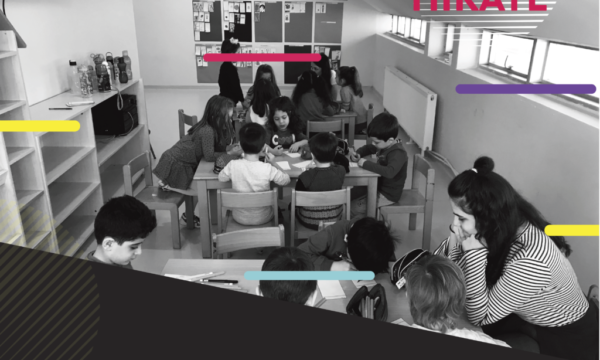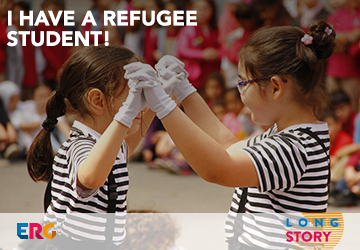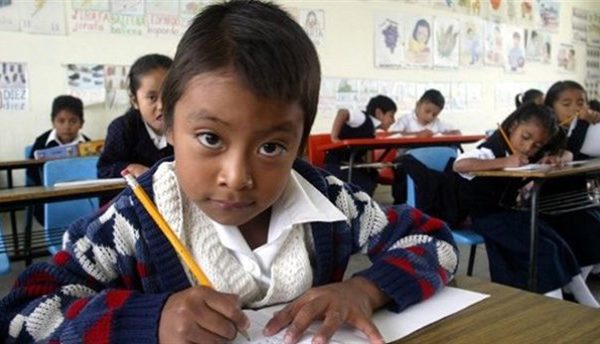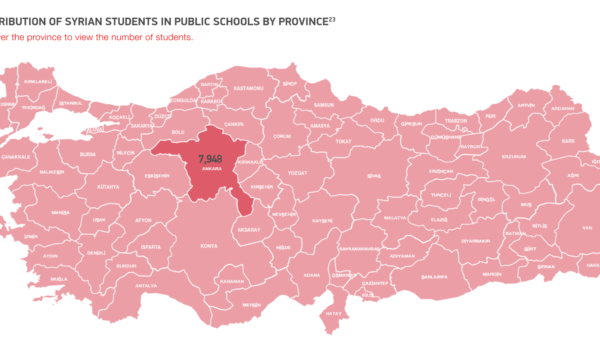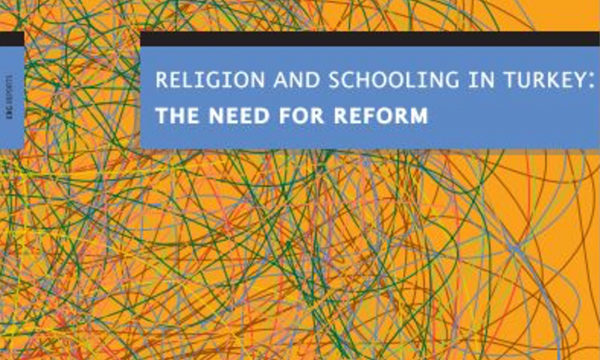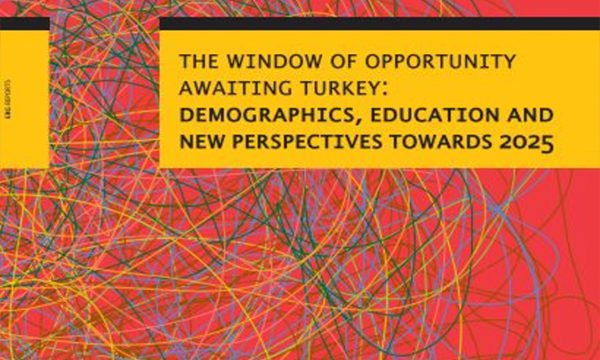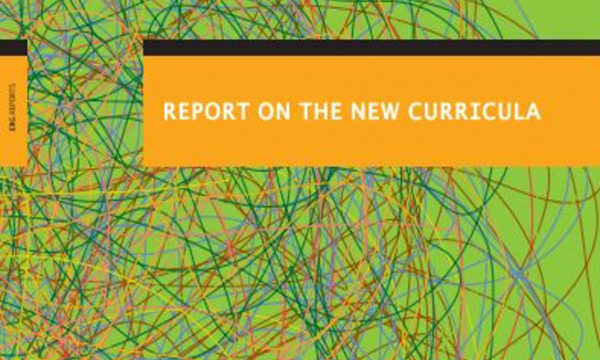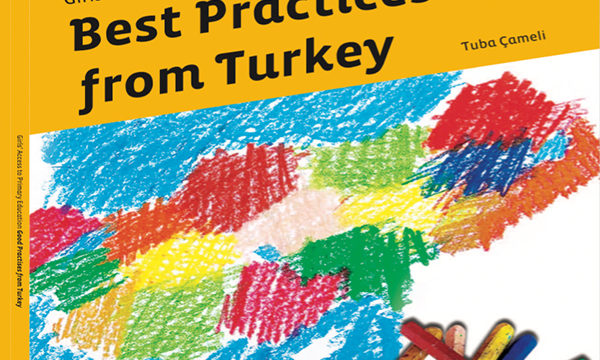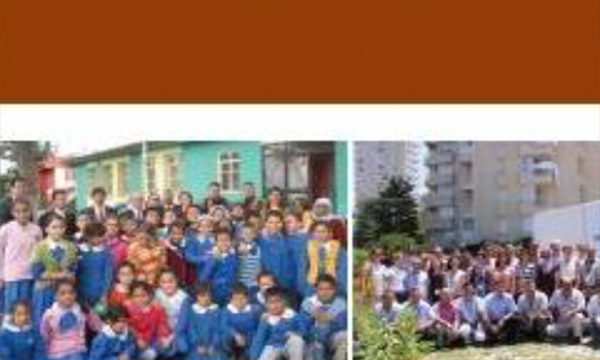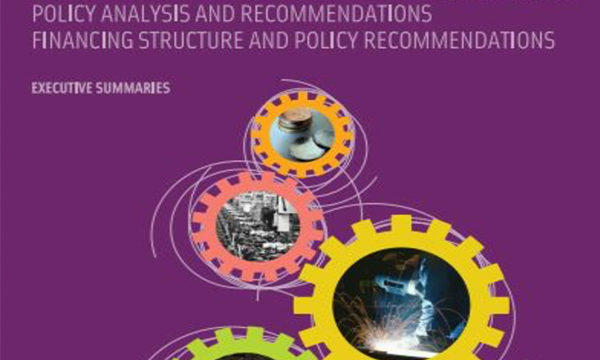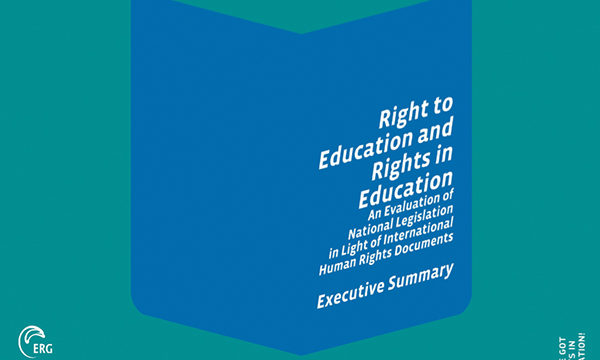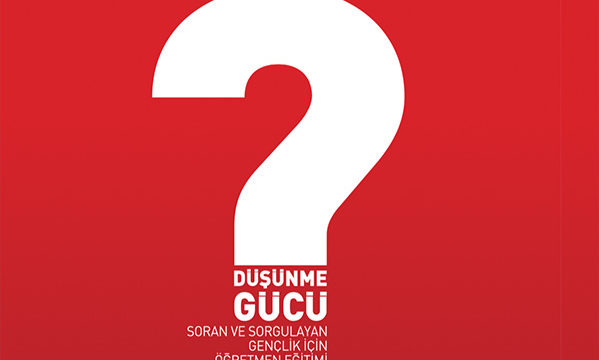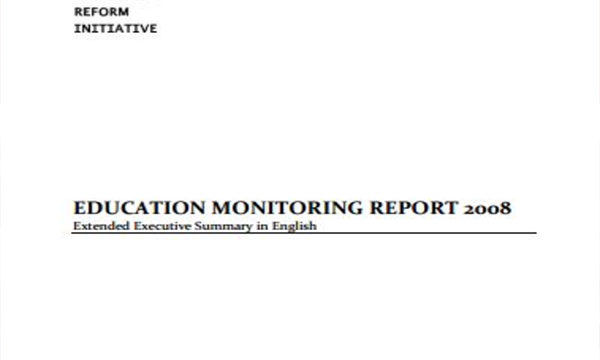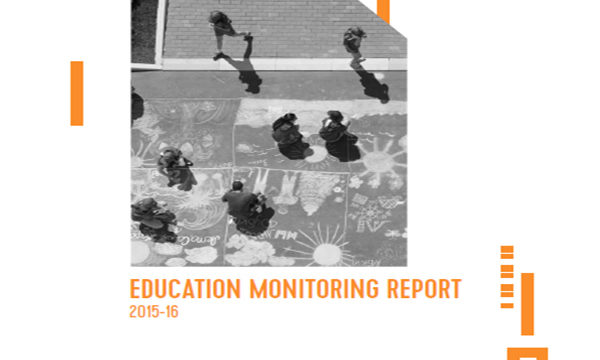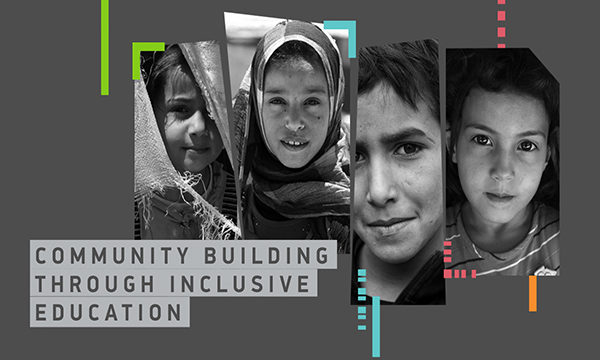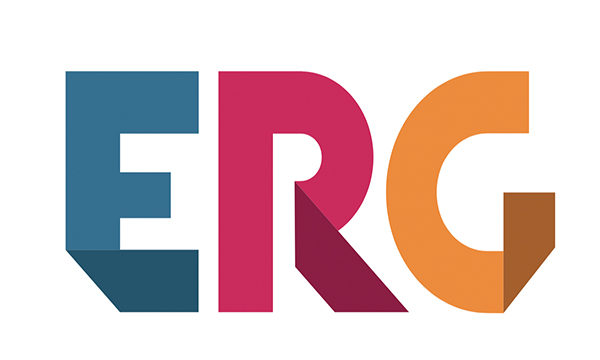Assuming the mother tongue of Turkey’s citizens is Turkish leads to discrimination and the Constitution should be revised, according to a group of nongovernmental organizations that has proposed a slew of constitutional changes regarding education.
With children, education and human rights as their common denominator, representatives from 14 prominent civil and nongovernmental organizations said huge shortcomings in the Turkish legal system brought them together to work toward raising awareness about educational rights.
The call to change the Constitution’s reference to Turkish as the mother tongue of all Turkish citizens comes amid debates over Kurdish-language education triggered by the government’s Kurdish initiative.
“It was important for different NGOs working in diverse areas that have a common denominator were able to find a common language,” said Feray Salman, general coordinator for the Human Rights Platform.
The International Children’s Center, the Support for Contemporary Living Association, the Ankara Bar Association and Bilgi University were among the institutions that contributed to the project.
Human rights in education
“Enrolling in school is not sufficient for fully enjoying the rights to education,” said Tosun Terzioğlu from Sabancı University, which has also an ongoing work called the Initiative on Reform in Education.
The human rights of children should be implemented in real life, said Terzioğlu.
Traces of experience during education are visible in the tension in society, especially in that diversity is perceived as a threat rather than a richness and in the signs of increasing violence, according to the NGOs.
“In Turkey, people are unaware that once children enroll in school they have their rights, too,” said Üstün Ergüder, from Sabancı University. “Violence of all types is being applied in education, but we have to accept that beating is not a method of education. Those who use beatings should be punished,” Terzioğlu said.
The project called “We have rights in education” has screened all existing legal regulations and proposed amendments that would secure educational rights. The proposals focus on equality, health and avoiding violence.
Equality in education
The report suggests changing Article 42 of the Constitution, which says Turkish is the mother language of all citizens of Turkish Republic.
“The citizens of the Turkish Republic have many different mother languages. Turkish is the official language of Turkey. The assumption in all the regulations is that the mother language of all citizens of the Turkish Republic is Turkish. This carries the risk of establishing grounds for discrimination,” said the report.
The article regarding minority schools is based on the reciprocity principle founded on the Lausanne Treaty concerning the rights of Turks in Greece and non-muslim minorities in Turkey is also discriminatory and needs to be amended, according to the report.
Another suggested amendment pertains to regulations that bars married people from enrolling in school and says that a married student should be suspended. According to the report, these regulations prevent married people from exercising their right to education. Furthermore, in Turkey women generally get married earlier than men and in this way the regulations also lead to gender discrimination.
Right to health in schools
According to the findings of the report, there is a lack of general policy regarding health in schools. The report suggests that the Education and Health ministries should develop a general policy in this field.
Among the proposals of the report is an amendment to the regulation that would secure a healthier environment in schools, especially in recreation and sports areas.
The report also highlights sexual health. According to the report most of the problems or lack of information about reproduction and sexual health stem from misinformation and the regulations are very limited scope. In order for the students to have a healthy behavior, reproduction and sexual health issues should be integrated into the school curriculum, the NGOs said.
Prevention of violence
According to the report the regulations that protect a child from violence, maltreatment or abuse are far from effective. The report said there is no direct ban on physical punishment in education. It also said the judicial bodies have not taken a clear stance on banning physical punishment in their decisions.
The report suggests that the regulations need to have a clear definition of violence and abuse. It said sanctions should be stronger against teachers and administrators who abuse or use violence on children.

